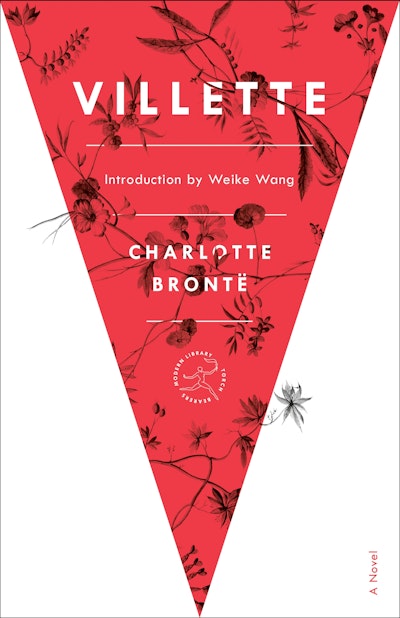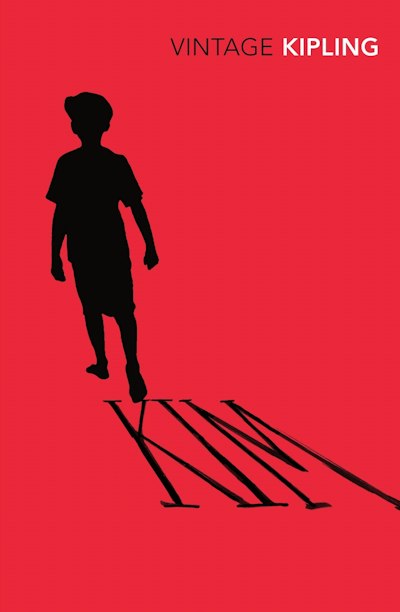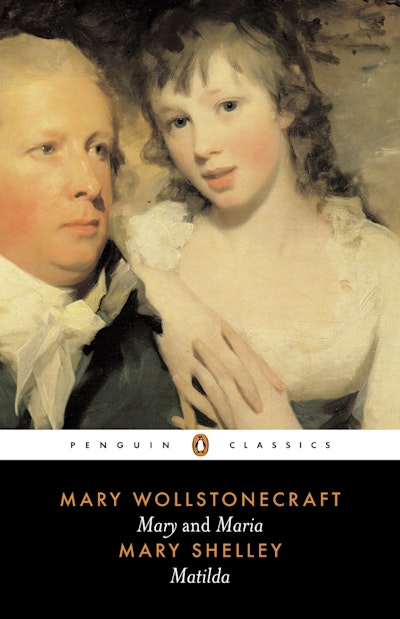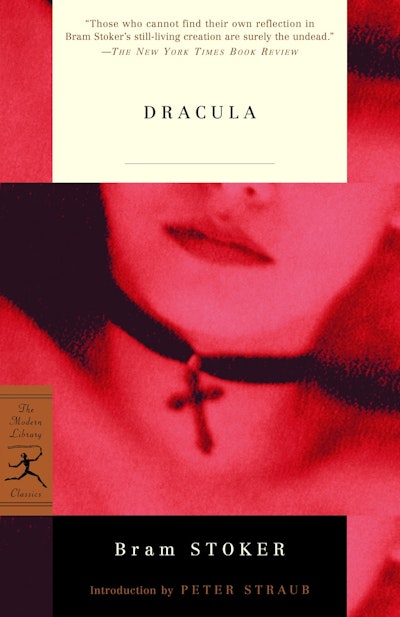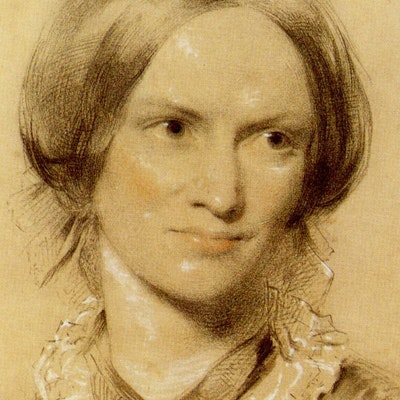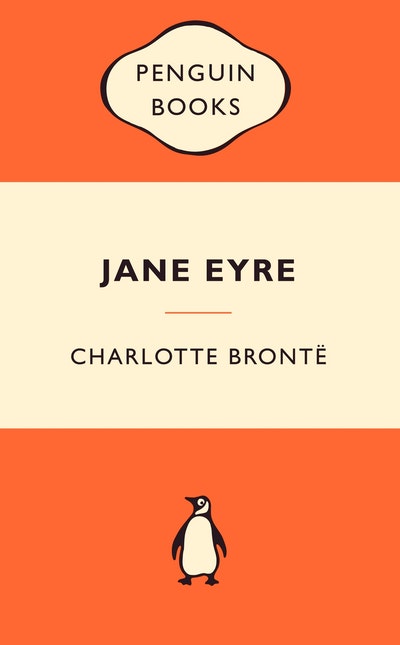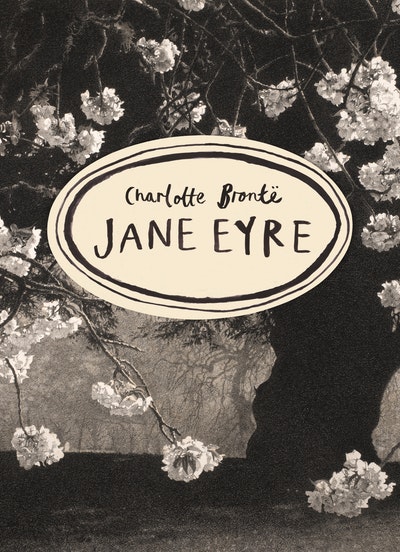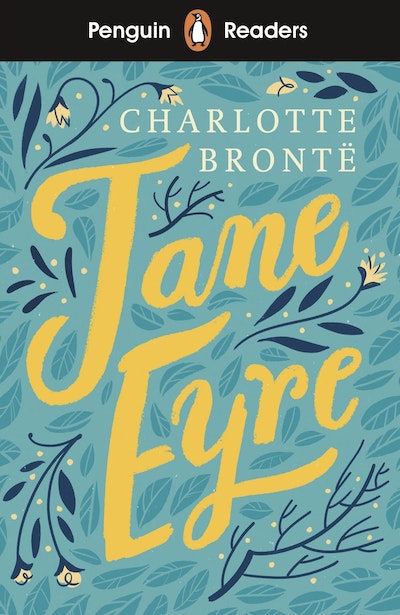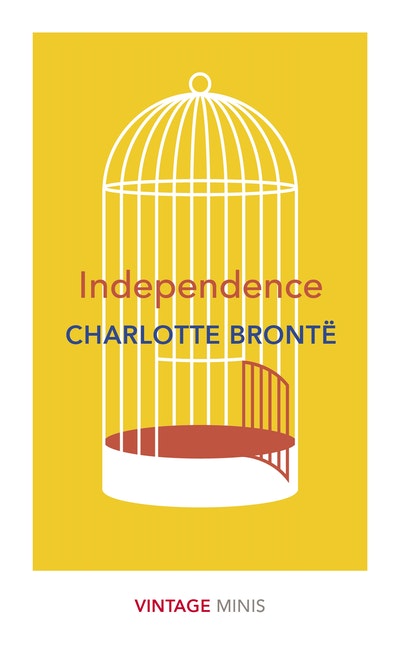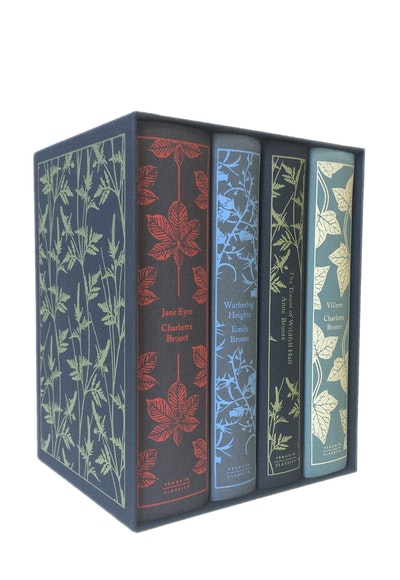- Published: 7 January 1999
- ISBN: 9780679640080
- Imprint: RH US eBook Adult
- Format: EBook
- Pages: 624
Villette
'I am only just returned to a sense of real wonder about me, for I have been reading Villette - There is something preternatural about its power' George Eliot
"Villette! Villette! Have you read it?" exclaimed George Eliot when Charlotte Brontë's final novel appeared in 1853. "It is a still more wonderful book than Jane Eyre. There is something almost preternatural in its power."
Arguably Brontë's most refined and deeply felt work, Villette draws on her profound loneliness following the deaths of her three siblings. Lucy Snowe, the narrator of Villette, flees from an unhappy past in England to begin a new life as a teacher at a French boarding school in the great cosmopolitan capital of Villette. Soon Lucy's struggle for independence is overshadowed by both her friendship with a wordly English doctor and her feelings for an autocratic schoolmaster. Brontë's strikingly modern heroine must decide if there is any man in her society with whom she can live and still be free.
"Villette is an amazing book," observed novelist Susan Fromberg Schaeffer. "Written before psychoanalysis came into being, Villette is nevertheless a psychoanalytic work—a psychosexual study of its heroine, Lucy Snowe. Written before the philosophy of existentialism was formulated, the novel's view of the world can only be described as existential. . . . Today it is read and discussed more intensely than Charlotte Brontë's other novels, and many critics now beleive it to be a true masterpiece, a work of genius that more than fulfilled the promise of Jane Eyre." Indeed, Virginia Woolf judged Villette to be Brontë's "finest novel."
- Published: 7 January 1999
- ISBN: 9780679640080
- Imprint: RH US eBook Adult
- Format: EBook
- Pages: 624
Other books in the series
About the author
Charlotte Bronte was born on 21 April 1816. Her father was curate of Haworth, Yorkshire, and her mother died when she was five years old, leaving five daughters and one son. In 1824 Charlotte, Maria, Elizabeth and Emily were sent to Cowan Bridge, a school for clergymen's daughters, where Maria and Elizabeth both caught tuberculosis and died. The children were taught at home from this point on and together they created vivid fantasy worlds which they explored in their writing. Charlotte worked as a teacher from 1835 to 1838 and then as a governess. In 1846, along with Emily and Anne, Charlotte published Poems by Currer, Ellis and Acton Bell.After this Emily wrote Wuthering Heights, Anne wrote Agnes Grey and Charlotte wrote The Professor. Wuthering Heights and Agnes Grey were both published but Charlotte's novel was initially rejected. In 1847 Jane Eyre became her first published novel and met with immediate success. Between 1848 and 1849 Charlotte lost her remaining siblings: Emily, Branwell and Anne. She published Shirley in 1849, Villette in 1853 and in 1854 she married the Rev. Arthur Bell Nicholls. She died the next year, on 31 March 1855.
Charlotte Bronte was born at Thornton, Yorkshire, in 1816. Her mother died in 1821, and Charlotte, her four sisters, Maria, Elizabeth, Emily and Anne, and her brother Branwell were left in the care of their aunt, Elizabeth Branwell. Left to pursue their education mainly at home, all the Bronte children became involved in a rich fantasy life and Charlotte and Branwell collaborated in the invention of the imaginary kingdom of Angria. In 1824 Charlotte went with Maria, Elizabeth and Emily to a school for daughters of the clergy; her experiences there are fictionalized in the Lowood section of Jane Eyre (1847; written under the pseudonym of Currer Bell). She wrote three other novels, Shirey (1849) Vilette (1853) and She Professor (published posthumously in 1857). She also made occasional visits to London where she became known to various writers, including William Thackeray and Elizabeth Gaskell. In 1854 Charlotte finally overcame her father's objections and married, but unfortunately she was to die in the following year.
